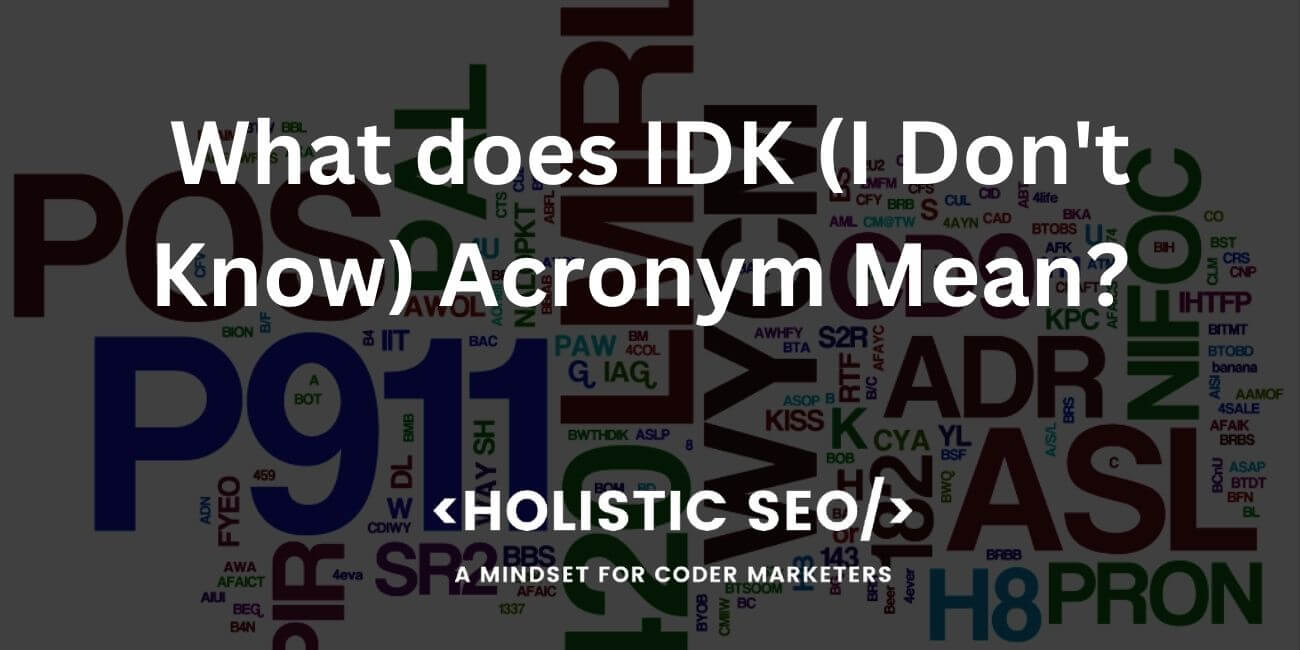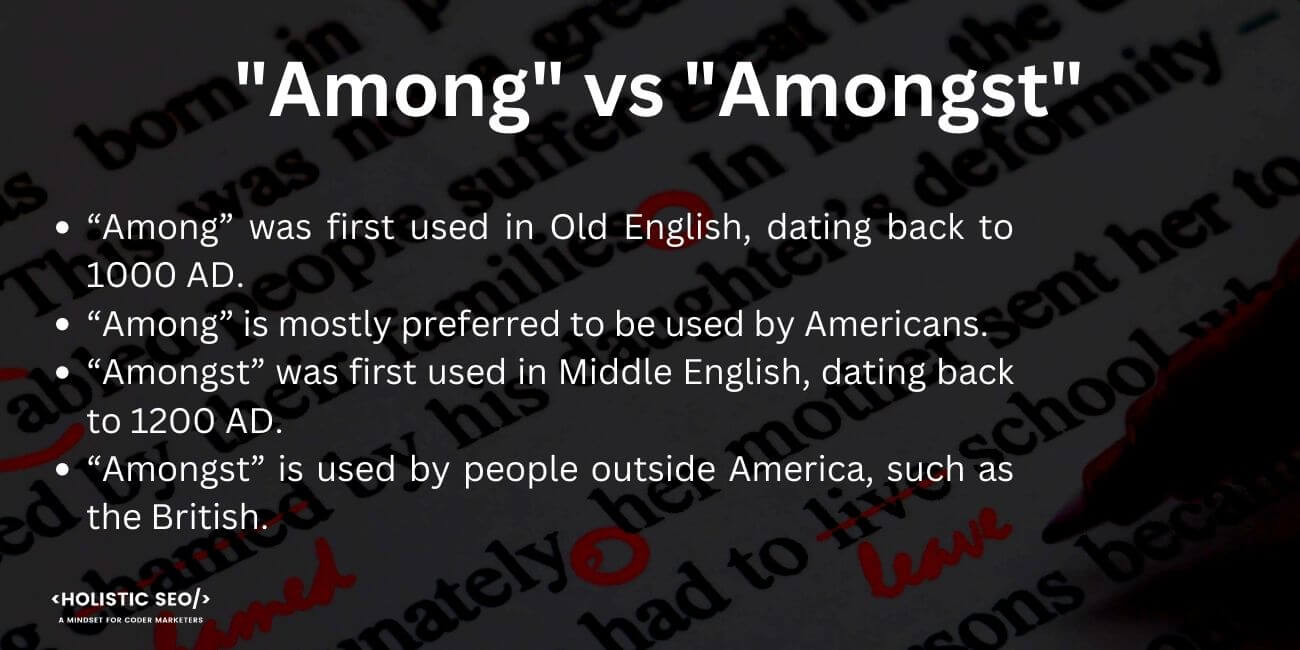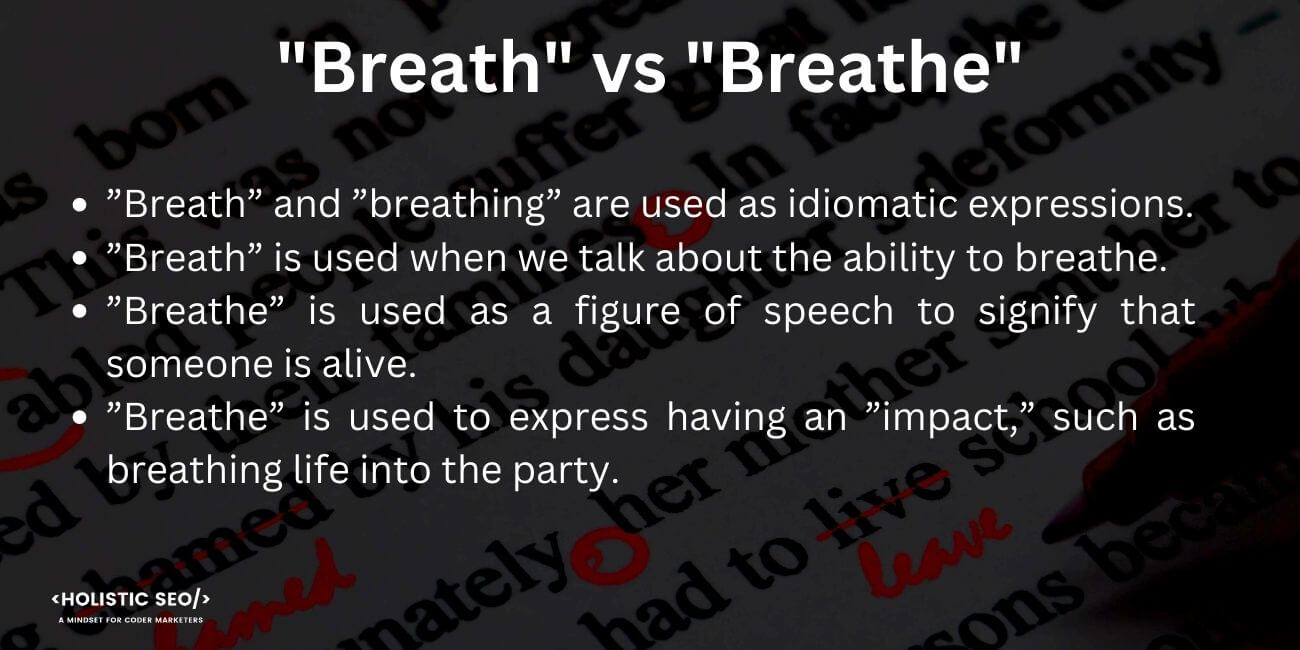Communication by messages has become very frequent since the appearance of social networks for Internet users. Several expressions and abbreviations have emerged in the digital world since then. People nowadays communicate faster and easier, and that includes the usage of words and slang. Using an abbreviation like IDK or “I don’t know” makes communicating quicker. People use the abbreviation IDK instead of typing or writing the whole term “I don’t know.” The IDK word is confusing, particularly to older people. Millennials use abbreviations when communicating, especially on social media and in text messages. A lot of people belonging to the older generation surely ask, “What does text IDK mean?” An example of IDK is in a sentence, “I should get bread, but IDK if the store is open now.” People have encountered it in a text message, or in a social media app. IDK belongs to the newly developed dialect called text-to-speak, or SMS language. The IDK acronym is typically used in informal conversation. The abbreviation IDK has been part of the text speak since 2002. People have surely encountered the term “IDK” in internet memes and internet slang. Internet memes, normally known as “memes” (mim/ MEEM), are an idea, behavior, style, or image that is spread via the Internet, often through social media platforms. Internet slang, on the other hand, is a non-standard form of language used by people on the Internet to communicate with one another.
The term IDK is usually used hastily in conversation. It is commonly used in text messaging. People need not use the word “IDK” in formal conversations or writing. It denotes a lack of professionalism and seriousness. However, some writers use it for certain topics relevant to the subject, and when their audience is mostly young. Using the IDK when talking to someone, particularly in text messaging, is so much easier. One doesn’t have to type the longer version of “I don’t know” to convey something. However, it is important to note when and how to use IDK. Younger people must not be confused by using the abbreviation IDK, especially in formal writing. Not everyone is familiar with internet slang, IDK at the same time. It is still better to use “I don’t know” when communicating so as not to cause confusion and miscommunication, although IDK is now a popular term. Numerous words have emerged ever since the Internet arrived in the modern world today. It makes communicating instant and faster, however, the proper usage of English words is forgotten.
Who found IDK Abbreviation?
IDK is among the latest developed lingo called text speak or SMS speech. IDK is mainly used in informal and daily conversations, normally while communicating through instant or text messages. It has been part of text speaks or SMS since 2002 the abbreviation.
When is the IDK abbreviation most commonly used?
IDK is most commonly used in informal communication, such as text messaging. IDK is part of the newly developed dialect called text speak or short message service (SMS) language. Using the IDK abbreviation is most common for teenagers and young adults. The term is widely used on Social Media platforms and online conversations.
Do People use IDK for face-to-face Communication?
Yes, people use IDK for face-to-face communication. Face-to-face communication allows better exchange of information between two speakers. During face-to-face communication, both speakers are able to see body language and facial expressions. IDK is used by people in day-to-day writing, particularly in text and instant messages.
Is IDK only for textual communication?
Yes, IDK is only for textual communication. Textual communication is anything that is read and viewed. Textual communication is the most active communication activity, including normally in text types, distinctly literary texts. Saying the abbreviation IDK might confuse someone, especially if they’re not familiar with the term. Saying “I don’t know” is much better and more understandable than saying its abbreviation. However, typing “IDK” is way faster when writing something, especially on a mobile device or a computer.
What do Scott Molski and Silvio Lacetti think about AFK and Internet Slang?
Scott Molski and Silvio Lacetti are professors of humanities at the Stevens Institute of Technology. They highly criticized the usage of acronyms, especially for students. In their essay entitled “The Lost Art of Writing”, they state that students who use acronyms have the lowest chance of being employed. Students are not able to construct a proper report with the use of silly acronyms.
What does Linguist John McWhorter think about IDK?
John McWhorter is an American linguist and an associate linguistics professor at Columbia University. John McWhorter specializes in sociolects, creole languages, and Black English. McWhorter has authored books on race relations and African-American culture. According to McWhorter, “Texting isn’t written language”. John McWhorter quote“ Texting is much more closely resembles the kind of language humans have for so many years: spoken language”.
Is IDK a Pragmatic Particle?
Yes, IDK is a Pragmatic Particle. Pragmatic particles are known as discourse particles. They help to structure the communication process and to embed utterances into their communicative context. The basic idea of the particle is to add context to the sentence, expressing a mood or indicating a specific action. Although a particle has an intrinsic meaning and fits into other grammatical categories.
When did Oxford English Dictionary accept the IDK Abbreviation?
Oxford Dictionary accepted the IDK abbreviation in June 2016. The colloquial term IDK, which means “I don’t know” is mainly used in electronic communications, according to Oxford Dictionary. IDK is included in the colloquial and slang categories.
Is the oldest use of IDK on Usenet from the 1990s?
Yes, the oldest use of IDK in USENET is from the 1990s. The term ‘ID” was used in a conversation in the USENET newsgroup. USENET is a worldwide system for Internet forums with a set of newsgroups organized by subject. Users are allowed to post messages and articles to the newsgroups. Articles are then broadcast to other computer systems, mostly now connected to the Internet. USENET was established in 1979. It is one of the oldest network communications systems used up-to-date.
What are the Variations of IDK?
Listed below are the variations of IDK.
- IDEK: A common variant of “IDK” is ‘IDEK” or “I don’t even know.” It is a bit more dramatic than “IDK”. IDEK suggests frustration or annoyance.
- IDC: IDC means “I don’t care”. It is commonly used in casual conversations online.
- IKR: IKR means “I know, right?” Or “I know, don’t I?”. The abbreviation IKR is usually used in ironic contexts.
Listed below are the related terms to IDK.
- IDKE (I don’t know either): The abbreviation IDKE is normally used with the meaning “I don’t know either” in response to an abbreviation such as DN (Don’t Know). It is often used when the sender doesn’t wish to get drawn into a situation. The abbreviation IDKE is for efficiency in writing and not efficiency in speech.
- IDKW (I don’t know why): The abbreviation IDKW is used with the meaning “I don’t know why”. It is commonly used on Snapchat, WhatsApp, Facebook, Instagram, Twitter, and TikTok.
- IDKWTD (I don’t know what to do): The abbreviation IDKWTD means “I don’t know what to do”. It is similar to the abbreviation IDK because it conveys a message that the person is not knowledgeable of something.
- IDKWYM (I don’t know what you mean): The abbreviation IDKYM stands for “I don’t know what you mean”. It is a common term in Social Media apps like Snapchat, WhatsApp, and Twitter.
- SIDK (sorry, I didn’t know): SIDK or “Sorry, I didn’t know” is an apology. It indicates that the sender is unaware of something.
- TMSIDK (tell me something I don’t know): TMSDIK means “Tell me something I don’t know”. It indicates that the sender is clueless about something and is asking for more information.
What are the Foreign Equivalents of IDK from other Languages?
Listed below are the Foreign Equivalents of IDK from other Languages.
- “Saya tidak tahu”: The Indonesian term for IDK is “Saya tidak tahu”, “I don’t know”.
- “Shirimasen”: The Japanese term for IDK is “Shirimasen, which means “I don’t know.”
- “Neviem”: The Slovak term for IDK is “Neviem,” which means “I don’t know.”
- “Jag vet inte”: The Swedish term for IDK is “Jag vet inte,” which means “I don’t know.”
- “No lo sé”: The Spanish term for IDK is “No lo sé” which means “I don’t know.”
- “Hindi ko alam”: The Filipino or Tagalog term for IDK is “Hindi ko alam”, which means “I don’t know”.
- “Je’s sais pas”: The French term for IDK is “Je’s sais pas”, which means “I don’t know.”
- “Ik weet het net”: The Dutch term for IDK is “Ik weet het net,” which means “I don’t know.”
- “Ne znam”: The Croatian term for IDK is “Ne znam,” which means “I don’t know.”
- “Non lo so”: The Italian term for IDK is “Non lo so,” which means “I don’t know.”
- “Nado molla”: The Korean term for IDK is “Nado molla,” which means “I don’t know.”
- “Jeg vet ikke”: The Norwegian term for IDK is “Je’s sais pas,” which means “I don’t know.”
- “Chăn mâi róo”: The Thai term for IDK is “Chăn mâi róo” which means “I don’t know.”
- “Ma aqaan”: The Somali term for IDK is “Ma aqaan,” which means “I don’t know.”
- “Bilmiyorum”: The Turkish term for IDK is “Bilmiyorum,” which means “I don’t know.”
- “Tiang ten nawang”: The Balinese term for IDK is “Tiang ten nawang,” which means “I don’t know.”
- “Ma ei Tea”: The Estonian term for IDK is “Ma ei Tea” which means “I don’t know.”
- “Aʻole au maopopo”: The Hawaiian term for IDK is “Aʻole au maopopo” which means “I don’t know.”
- “Nem Tudom”: The Hungarian term for IDK is “Nem Tudom” which means “I don’t know.”
- “Es nezinu”: The Latvian term for IDK is “Es nezinu” which means “I don’t know.”
How do Content Writers use IDK for communicating with Customers?
Content writers use IDK to communicate with customers easily. Terms like “IDK” are mostly relatable to a younger audience. IDK is the short term for “I Don’t Know.” Nowadays, instant and fast communication is a thing, especially with high-tech gadgets. People used shortened terms, and words to communicate easily with each other. The same applies to Content Writers; they use appropriate words to communicate effectively. Content writers write depending on who their target audience is. Sometimes, content writers use not-serious terms for them to be relatable and connect to the public. Content Writers are storytellers for their brands. They deliver helpful, meaningful, and informative messages to their audience while observing SEO content writing practices.
Do Social Media Marketers use IDK?
No, Social Media Marketers do not use IDK. Social Media Marketers are Marketing Professionals who use Social Media platforms to promote a brand or a company’s offerings. They use Social Media to communicate with customers and to publicize new products or services. Social Media Marketers converse with their clients using relevant language and words to convey professionalism. The abbreviation IDK is used for casual conversations and is not commonly used in Social Media Marketing.
Does IDK a not serious term for SEO Content?
Yes, IDK is not a formal term for SEO Content. SEO Content pertains to creating content that helps a website page rank top in search engines. SEO Content concerns everything that relates to writing and content building on a website. The primary purpose of SEO Content writing is to create high-quality, keyword-focused content that ranks well in search engines to produce natural traffic to a website. Articles must be written with expertise, authoritativeness, or trustworthiness (E-A-T), in SEO. Using IDK is still applicable, although it is not a serious term. Using not serious terms is allowed in SEO Content, as long as it is relevant to a particular subject or article.
What are some sentences that use the abbreviation IDK?
Listed below are three examples of sentences using the IDK Abbreviation.
- “IDK what she’s thinking.”
- “I failed the interview because IDK what to answer.”
- “He is not at home, IDK where he might have been.”
- “The baby was crying for IDK how long.”
- “IDK what you’re saying.”
- 48 Online Shopping and Consumer Behavior Statistics, Facts and Trends - August 22, 2023
- B2B Marketing Statistics - August 22, 2023
- 38 Podcast Statistics, Facts, and Trends - August 22, 2023


